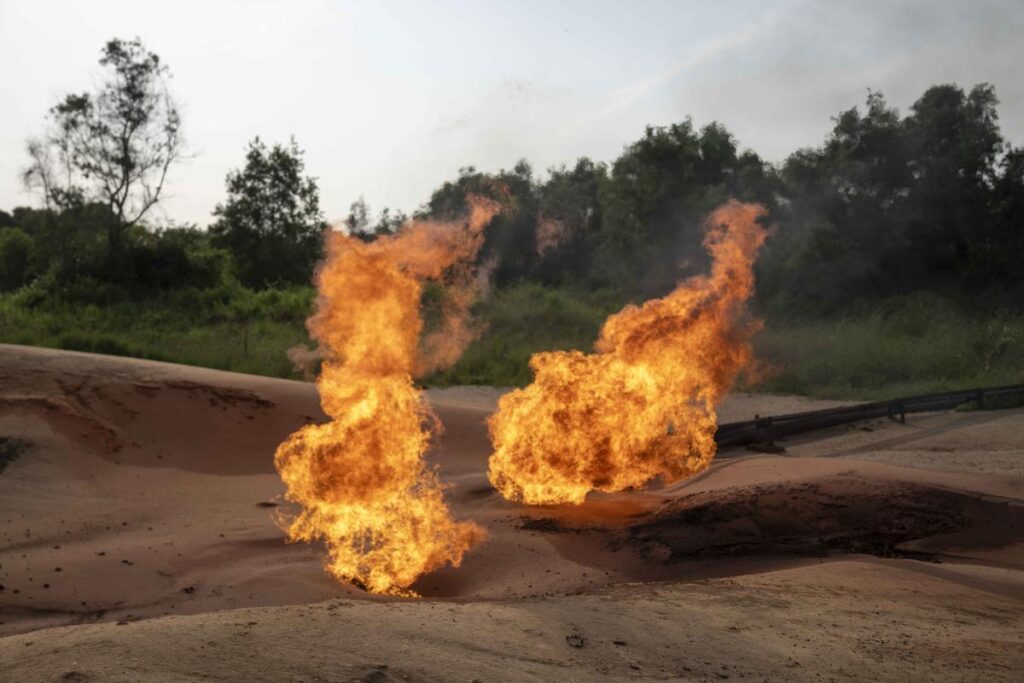Congo’s government announced the cancellation of an auction for 27 oil exploration sites due to issues related to late submissions and insufficient competition. Initially launched two years ago, the auction was intended to tap into the country’s rich mineral reserves, specifically targeting significant oil blocks with an estimated 22 billion barrels of oil. Aimé Sakombi Molendo, Congo’s Minister of Oil, stated that a new auction will be conducted in the future, although specifics regarding timing and the number of blocks available for bidding have not yet been disclosed. This decision appears to stem from the previous auction’s failure to garner the expected interest and success.
The importance of these oil blocks lies not just in potential revenue for the nation but also in their environmental implications. Congo is situated in a region abundant in natural resources, yet much of its oil exploration has been limited to a small territorial zone along the Atlantic Ocean and its offshore areas. The anticipation surrounding the auction was based on the prospect of expanding drilling activities beyond these confines. However, environmental agencies have raised serious concerns, warning that increased drilling would lead to detrimental environmental impacts, both locally and globally.
Congo is home to the majority of the Congo Basin rainforest, which is the second-largest tropical rainforest in the world. Additionally, it contains vast tracts of tropical peatland, regions consisting of partially decomposed plants that play a crucial role in carbon capture. Together, these ecosystems are believed to capture close to 1.5 billion tons of carbon dioxide annually, translating to about 3% of the world’s total emissions. Therefore, the implications of drilling in these areas extend beyond national borders, posing a risk to global climate regulation efforts.
Notably, more than a dozen of the auctioned plots overlapped with protected areas crucial for biodiversity conservation. Among these areas was Virunga National Park, a UNESCO World Heritage site that hosts some of the world’s rarest gorilla species. The potential for oil exploration in such ecologically sensitive regions raises alarms about species preservation and the overall health of these vital ecosystems. Environmentalists worry that drilling operations might disrupt habitat and threaten the delicate balance of these rich natural environments.
In light of these concerns, the government’s decision to cancel the auction can be interpreted as an acknowledgment of the need for a more sustainable approach to resource management. Rather than hastily auctioning off vast swathes of land for oil exploration, there might be an opportunity for the Congolese government to explore alternative options that prioritize environmentally friendly practices and investment in sustainable development. This could include focusing on the preservation of existing natural resources while still considering future economic opportunities.
As Congo prepares for a new auction process, stakeholders, including local communities, environmentalists, and industry experts, will be watching closely. The need to balance economic growth with environmental preservation remains a significant challenge for the nation. The success of any future auction will depend not only on generating interest from bidders but also on addressing the environmental concerns that arose during the initial auction attempt. Ensuring that any oil exploration respects both global climate commitments and local ecosystems will be critical as Congo navigates its resource management strategy moving forward.

